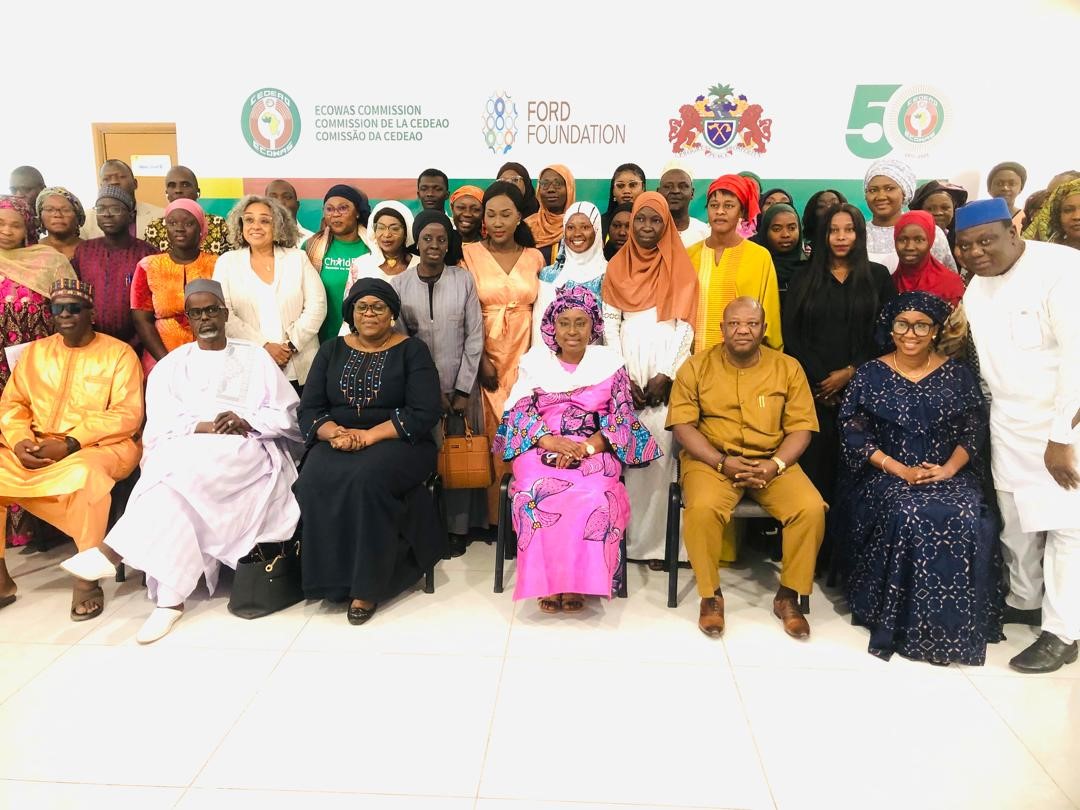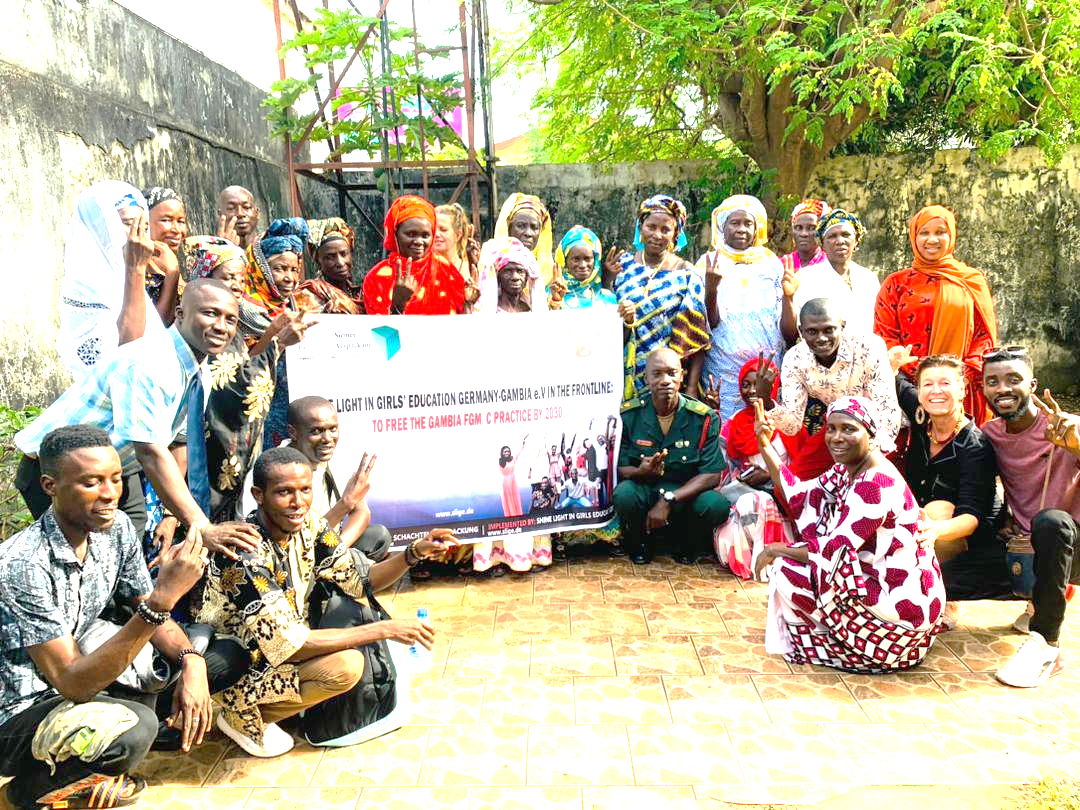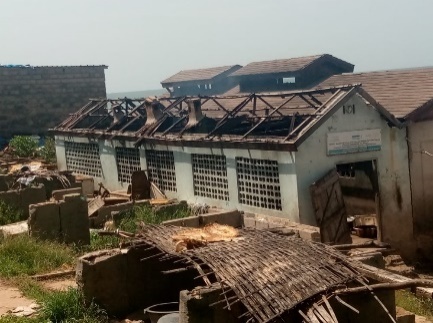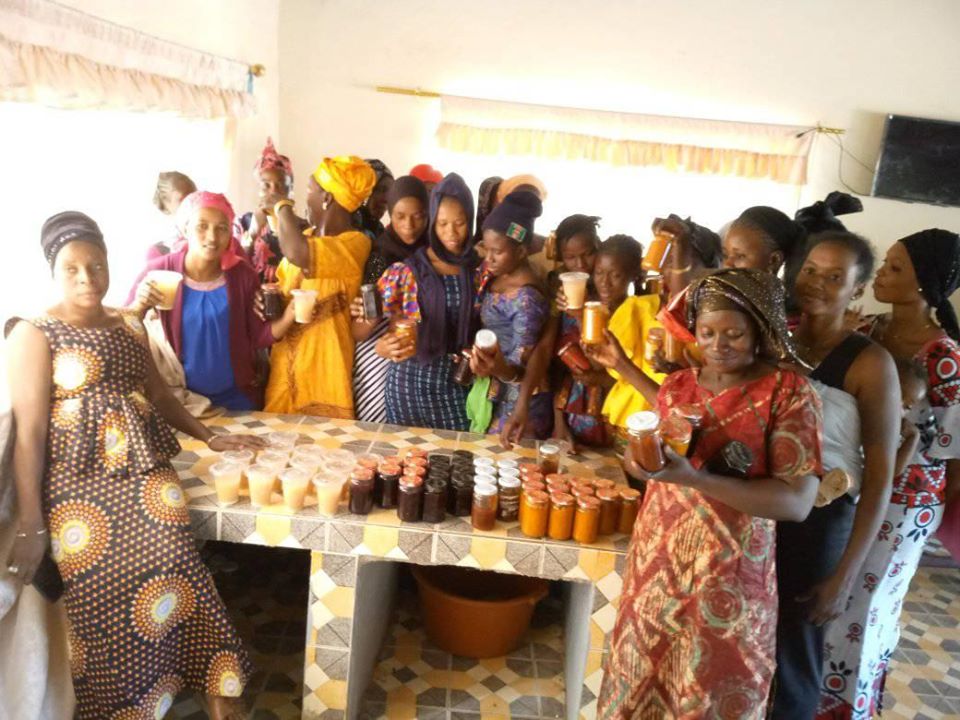By: Fatou Krubally
The Ministry of Gender, Children, and Social Welfare has joined forces with the ECOWAS Gender Development Centre to organize a three-day national training workshop, focusing on preventing and responding to Gender-Based Violence (GBV) and sexual harassment.
The three-day training, which got underway on Thursday at the Sir Dawda Kairaba Jawara International Conference Centre, brings together judicial, health, and social actors and the goal is to strengthen their capacity to handle GBV cases effectively, from medical and legal support for survivors to data collection and socio-economic reintegration.
In her keynote address, the Minister of Gender, Children, and Social Welfare, Fatou Kinteh, highlighted the urgency of tackling GBV, calling it a “pressing challenge” in The Gambia and across the ECOWAS region.
She cited recent statistics from the Gambia Bureau of Statistics, revealing that 20.1% of women aged 15-49 have experienced physical violence, while 7.5% have suffered sexual violence.
“These figures are not just numbers. They represent the painful reality of countless women and girls who endure trauma and injustice in silence,” she said. “This workshop is a crucial step in ensuring survivors receive the medical, legal, and psychosocial support they need while holding perpetrators accountable,” she added.
The workshop builds on commitments made during the ECOWAS Regional Training held in Lomé, Togo, in 2024. One of its key objectives is to develop a national roadmap for implementing the ECOWAS Strategy on Sexual and Gender-Based Violence.
Political Adviser Claude Kondor, representing ECOWAS reaffirmed the bloc’s commitment to combating GBV, noting that ECOWAS has developed policies, including the “Declaration on Zero Tolerance to Sexual and Gender-Based Violence” and the “ECOWAS Policy on Sexual Harassment in Workplaces and Educational Institutions.”
“ECOWAS is actively working with The Gambia to strengthen policy frameworks, provide technical support, and enhance collaboration with stakeholders to eliminate GBV,” he said.
Madam Odile Ndumbe Faye, program officer for Gender and Civil Society at the ECOWAS Gender Development Centre announced that ECOWAS has secured a $1.2 million grant to support the fight against GBV across its member states. The funds, she explained, will be used to align national laws with regional policies and improve GBV prevention and response mechanisms.
Despite progress, challenges remain. Minister Kinteh pointed to entrenched social norms that discourage survivors from reporting abuse, weak enforcement of laws, and limited funding for GBV programs.
However, she emphasized that The Gambia is making strides through laws such as the Women’s Act (2010), Sexual Offences Act (2013), Domestic Violence Act (2013), and the Gender Policy (2023-2032).
The training also explores innovative solutions, including digital tools for GBV reporting, online counselling services, and data-driven policymaking.
The government has committed additional funding to support GBV survivors through the GBV Fund and Gender Legal Fund (GLF) for 2024 and 2025.
As the workshop continues, stakeholders remain hopeful that the discussions and training will lead to stronger protections for survivors and a more coordinated response to GBV in The Gambia and the wider ECOW





